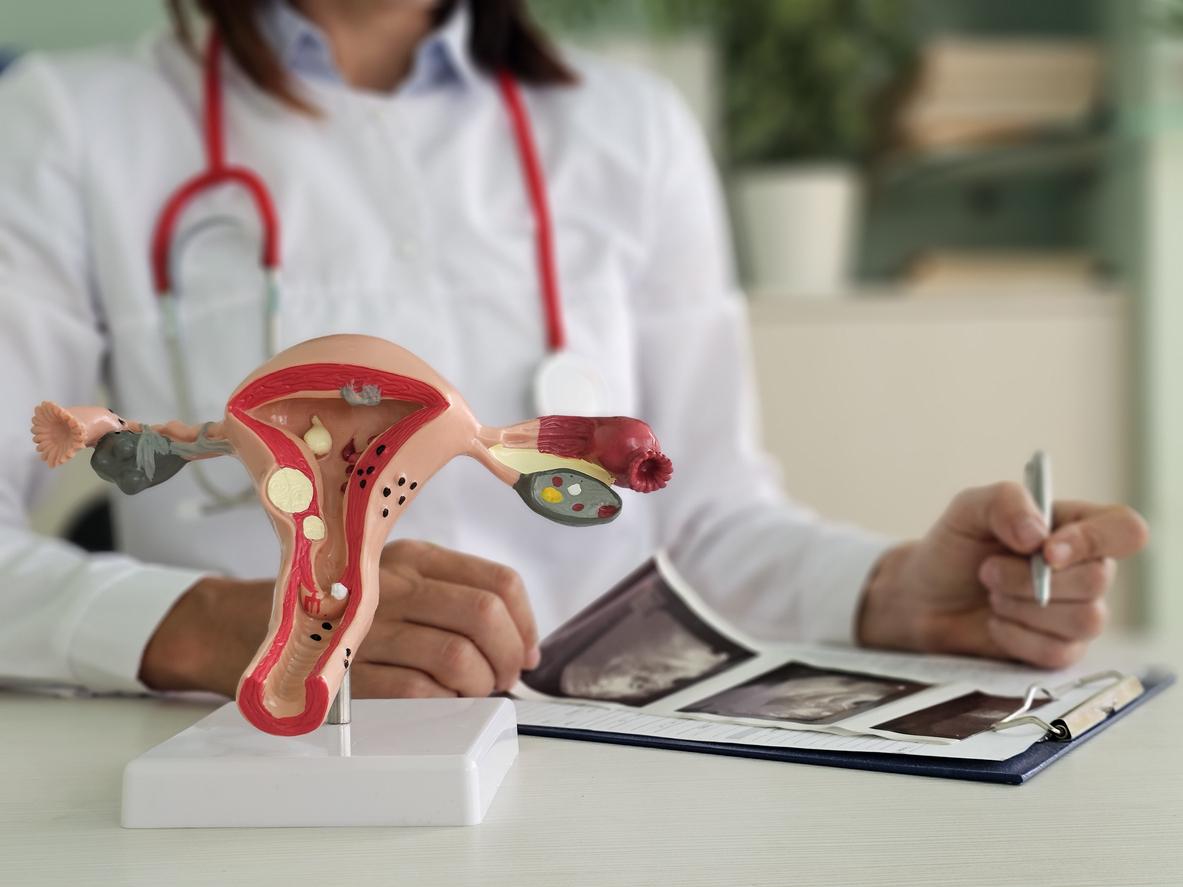Women with long or irregular menstrual cycles are more likely to suffer from fatty liver disease, also called “non-alcoholic fatty liver disease (NAFLD)”, according to recent studies.

- The duration of a cycle, on average 28 days, varies according to women from 23 to 35 days.
- In adolescents, cycles can be irregular from month to month and the date of onset of menstruation is unpredictable.
- Periods usually last three to six days.
Several researches have been done on the impact of irregular menstruation on health. Some have revealed that they increase the risk of premature death. But “the association between the length and irregularity of the menstrual cycle and the risk of non-alcoholic fatty liver disease (NASH) is still unknown”British and Korean researchers said in work published in the journal The Journal of Clinical Endocrinology & Metabolism the 3 of March.
To find out if this link exists, they analyzed data from 72,092 women under 40 who had a health check-up. Scientists have defined long or irregular periods as menstrual cycles that are 40 days or longer or too irregular to estimate. To identify fatty liver disease, also called “non-alcoholic fatty liver disease”, they performed an abdominal ultrasound. At the start of the study, 27.7% of women had long or irregular menstrual cycles and 7.1% had NASH.
Higher risk of developing fatty liver disease due to irregular periods
According to the results, long or irregular menstrual cycles were associated with an increased risk of developing fatty liver disease. “This link is not explained by obesity”said Seungho Ryu, author of the study, in a statement. After following the volunteers for four years, the authors found the appearance of new cases of non-alcoholic fatty liver disease in 8.9% of the women.
“Previous studies have shown that long or irregular menstrual cycles are associated with type 2 diabetes and cardiovascular disease, but our study is the first to find a link between long or irregular menstrual cycles and NASH. (…) young women with irregular periods could benefit from lifestyle changes to reduce the risk of NASH and other cardiometabolic diseases,” develops Seungho Ryu.
.















